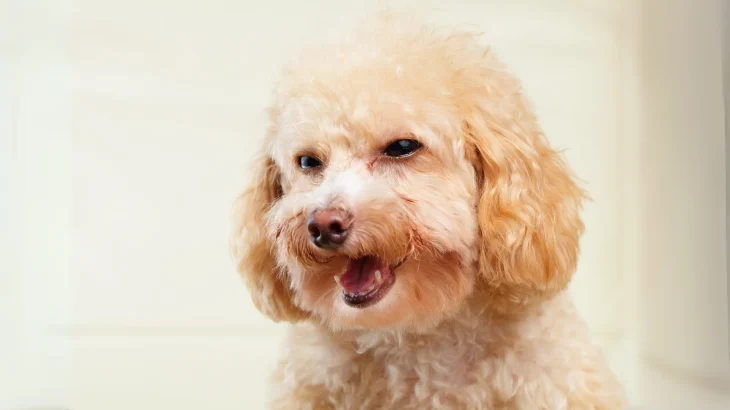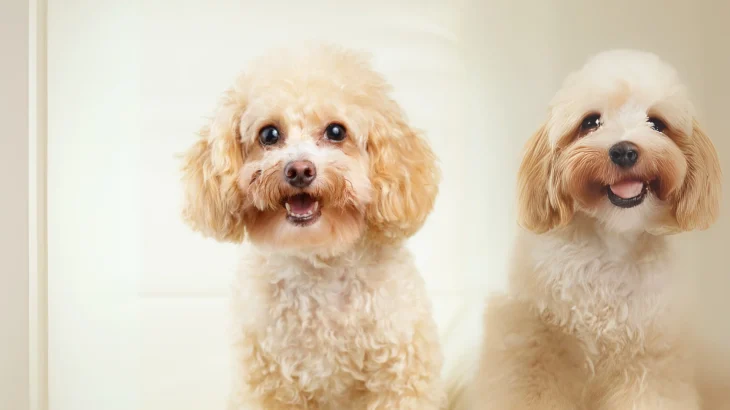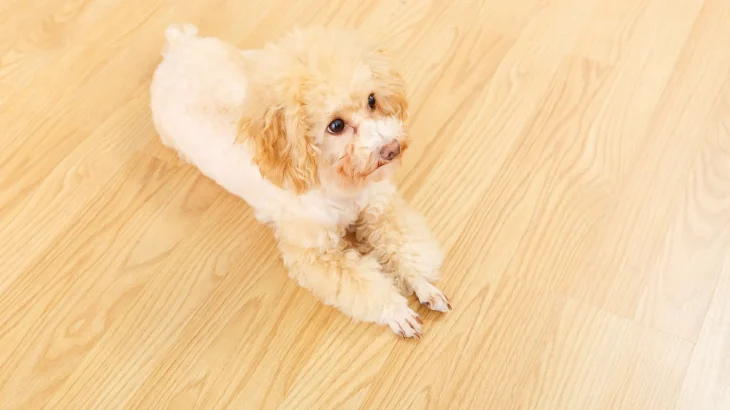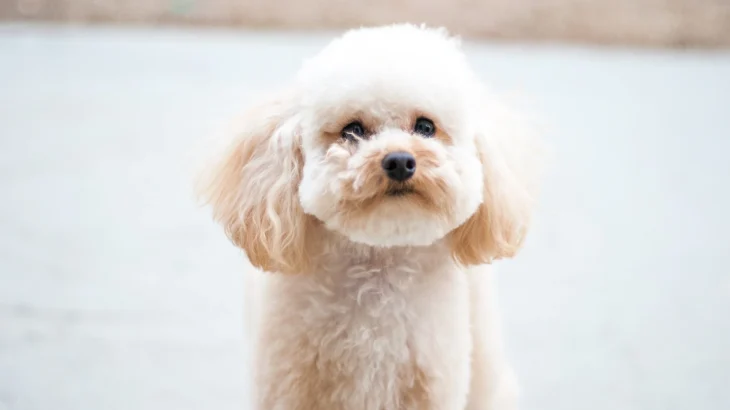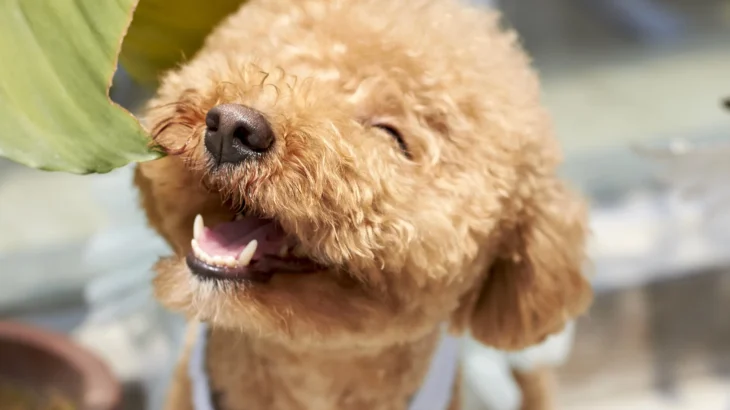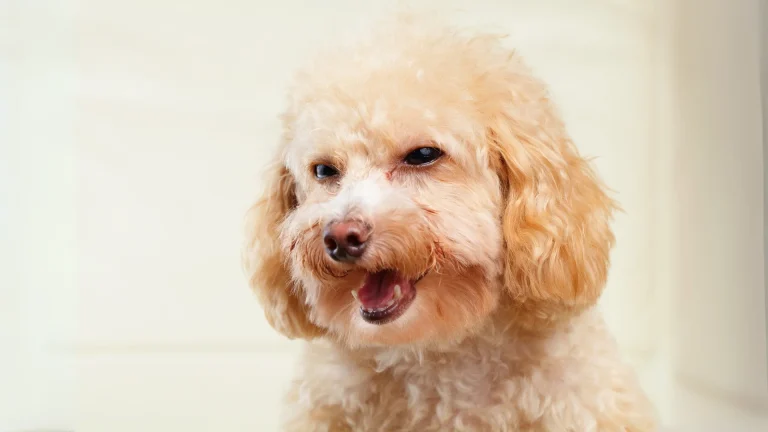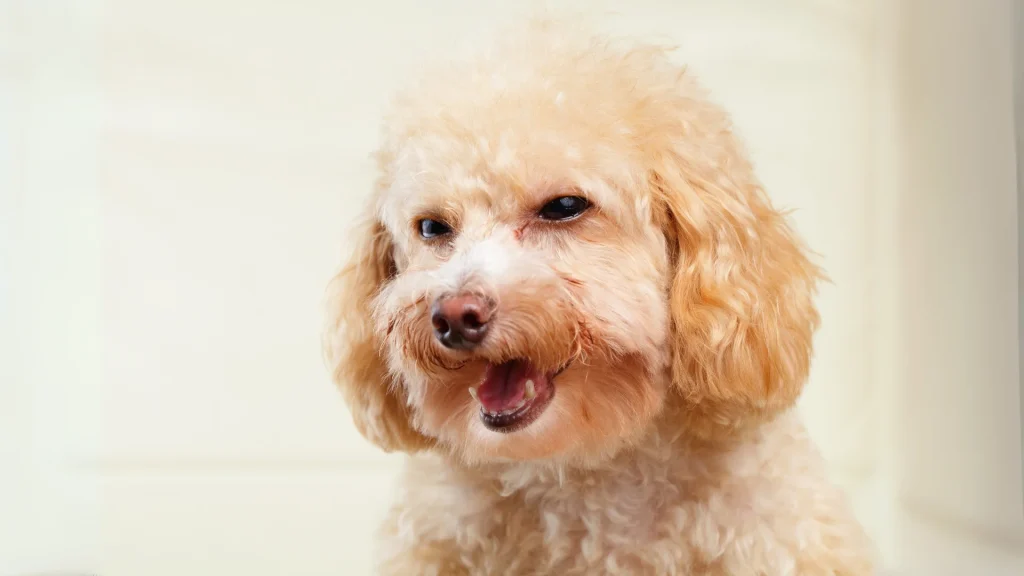When deciding how to welcome a Poodle puppy into your life, you can either adopt or purchase from a breeder. Each path has its unique benefits, from understanding health backgrounds to supporting ethical practices. Choosing between adoption or buying depends on what matters most to you in this special journey.
| Criteria | Buying from Breeder | Adopting from Shelter/Rescue |
|---|---|---|
| Cost | Generally higher costs, often $1,000 to $3,000 for purebred Poodles. | Lower adoption fees, usually $100 to $300, sometimes including vaccinations and spaying/neutering. |
| Health History | Breeders typically provide detailed health records and genetic screening. | Health history may be limited or unknown; shelters perform basic health checks. |
| Age Availability | Mostly young puppies, allowing bonding from an early age. | Various ages available, from puppies to adults. |
| Temperament Insight | Breeders can share lineage temperament and early socialization info. | Shelter staff may provide temperament observations, but background info can be uncertain. |
| Supporting Practices | Choosing reputable breeders supports responsible breeding. | Adoption supports animal welfare and reduces shelter populations. |
| Ethical Considerations | Risk of supporting unethical breeding if breeder is not reputable. | Helps combat pet overpopulation and reduce demand for puppy mills. |

